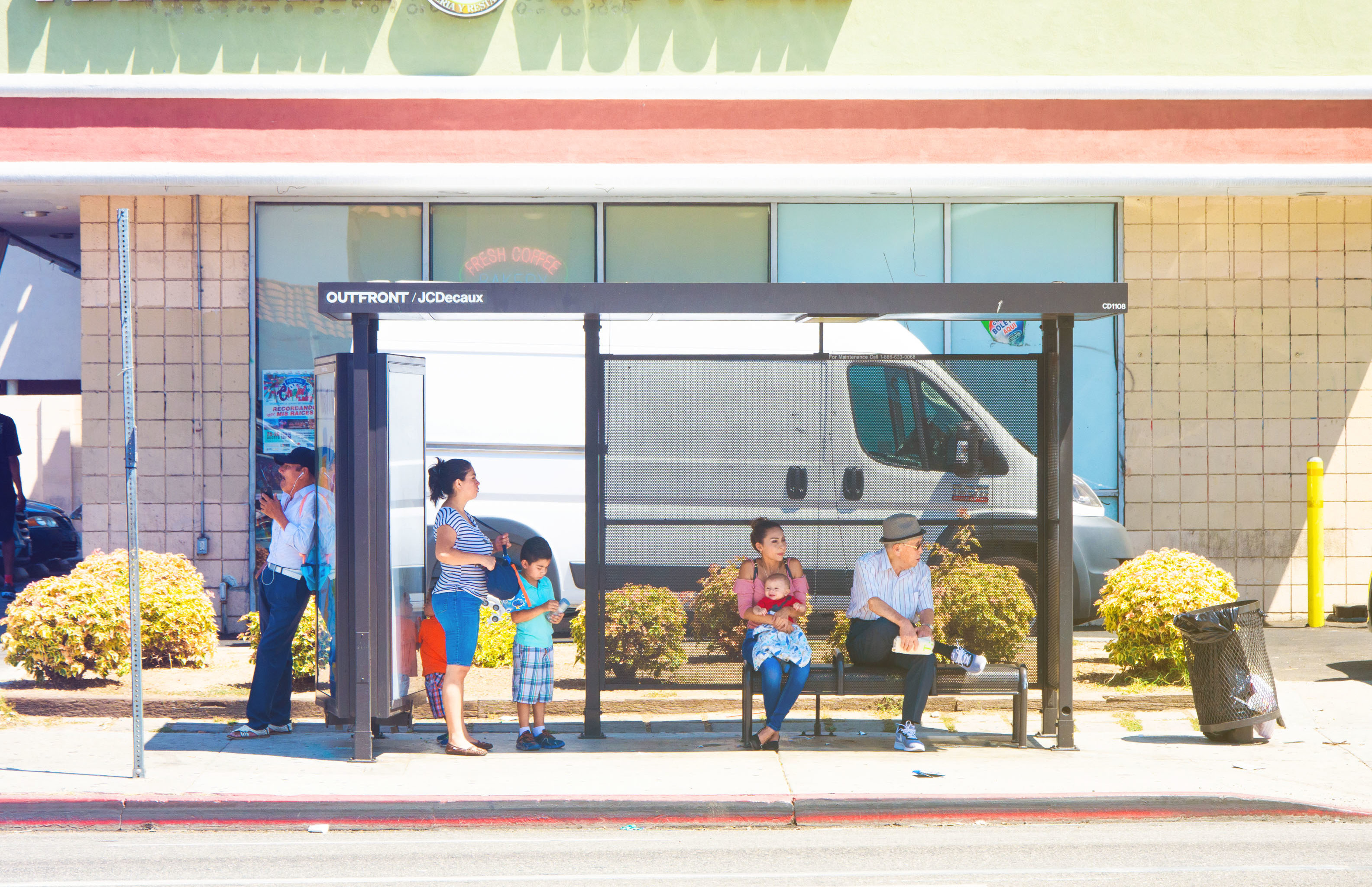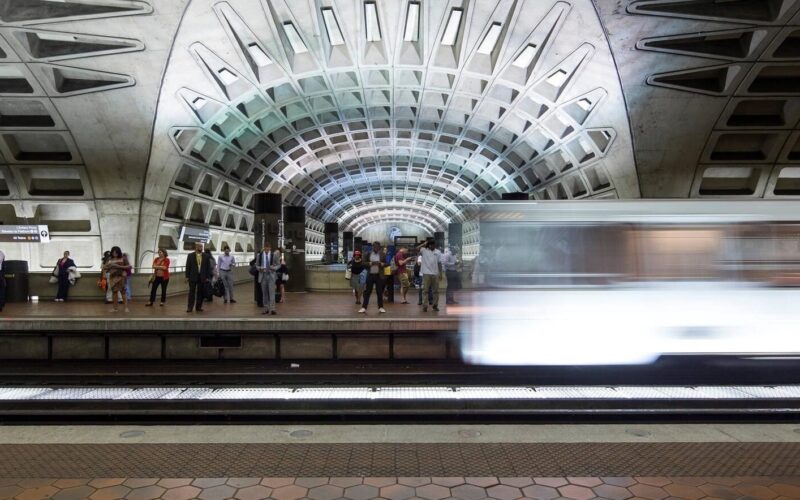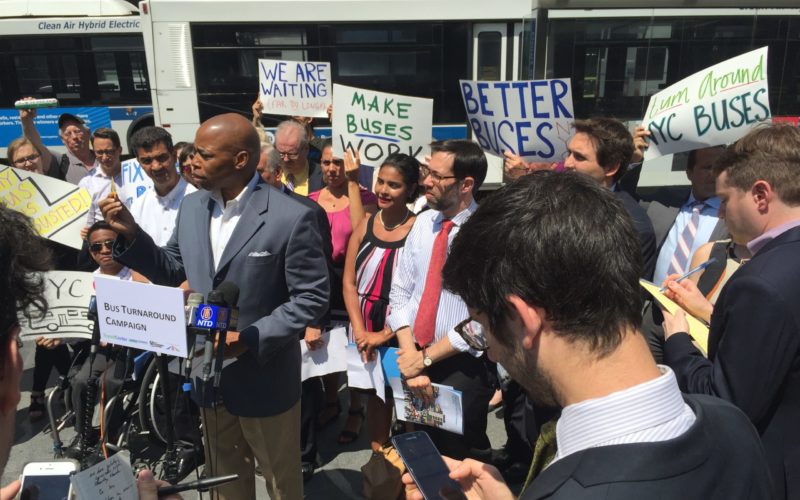

photo by Shin-pei Tsay
Cities are naturals at sharing (or buying), with their markets, plazas, parks, and public transportation. But now that entrepreneurs are hatching businesses that profit from “sharing,” some see the first hints of corrosion in the original lofty, urbanist concept with the proliferation of the sharing economy. A good illustration of this tension is Airbnb’s recently released vision for a “Shared City,” where it proclaimed that the city is the “original platform for sharing” and through various claims about what constitutes a sharing city, announced its partnership with the City of Portland, Oregon to “give back to the community.”
On a pragmatic level, it was a thinly veiled admission that Airbnb will now help cities capture some tax revenue for short-term stays in exchange for some removal of local regulatory barriers. On philosophical grounds, people worried about the apparent co-optation of “city” and “sharing.” The latter made me try harder to articulate why I believe that these collaborative consumption businesses provide a service that is mostly beneficial.
Given TransitCenter’s interest in shared use mobility, we have been thinking about sharing a lot lately, and how these new services blur the line between the public and private. There is a lot to sort out between management, funding, financing, and consumer protection. But I still end up believing that new “sharing” businesses provide more benefit than harm. I chalk it up to three things that these intermediaries provide to a community of people who are willing to share: increased trust when a 3rd party is present (via potential insurance and escrow), extended network (meaning there are more potential connections and thus options), and initial capital outlay (so that people didn’t have to go out and purchase a vehicle, for example).
Cities were the original marketplaces, so the fact that people would profit from transactions or services isn’t new. The more off-putting aspect of Airbnb’s Shared City seems to be a conflation of the lofty principles that underpin our ideal city and the hard truth is that we do pay for what we have, if not directly, then through taxes and other revenue, or suffer the consequences. For (some good) reasons grounded in opposition to complete free market capitalism, a general pot of funding for public spaces is more appealing than having to pay for each use or admission. But when lack of infrastructure and funding for housing, transportation, small business incubation, just to name a few needs, limits the public’s collective aspirations, then something will, and should, fill the gap.
The challenges that collaborative consumption upstarts pose to longstanding institutions, regulations, and practices may actually bring about much needed change. Sometimes bureaucracies just aren’t designed to execute or respond to in the short-term. Though it’s scary to an idealist to think that these private interests can play such a large role in our public, sharing life, their ability to foster a different way of doing things can have major, and potentially far longer-lasting, public benefits for all of us in cities.
 On the Brink: Will WMATA’s Progress Be Erased by 2024?
On the Brink: Will WMATA’s Progress Be Erased by 2024?
The experience of being a WMATA rider has substantially improved over the last 18 months, thanks to changes the agency has made like adding off-peak service and simplifying fares. Things are about to get even better with the launch of all-door boarding later this fall, overnight bus service on some lines starting in December, and an ambitious plan to redesign the Metrobus network. But all of this could go away by July 1, 2024.
Read More A Bus Agenda for New York City Mayor Eric Adams
A Bus Agenda for New York City Mayor Eric Adams
To create the “state-of-the-art bus transit system” of his campaign platform, Mayor Adams will have to both expand the quantity and improve the quality of bus lanes. We recommend these strategies to get it done.
Read More